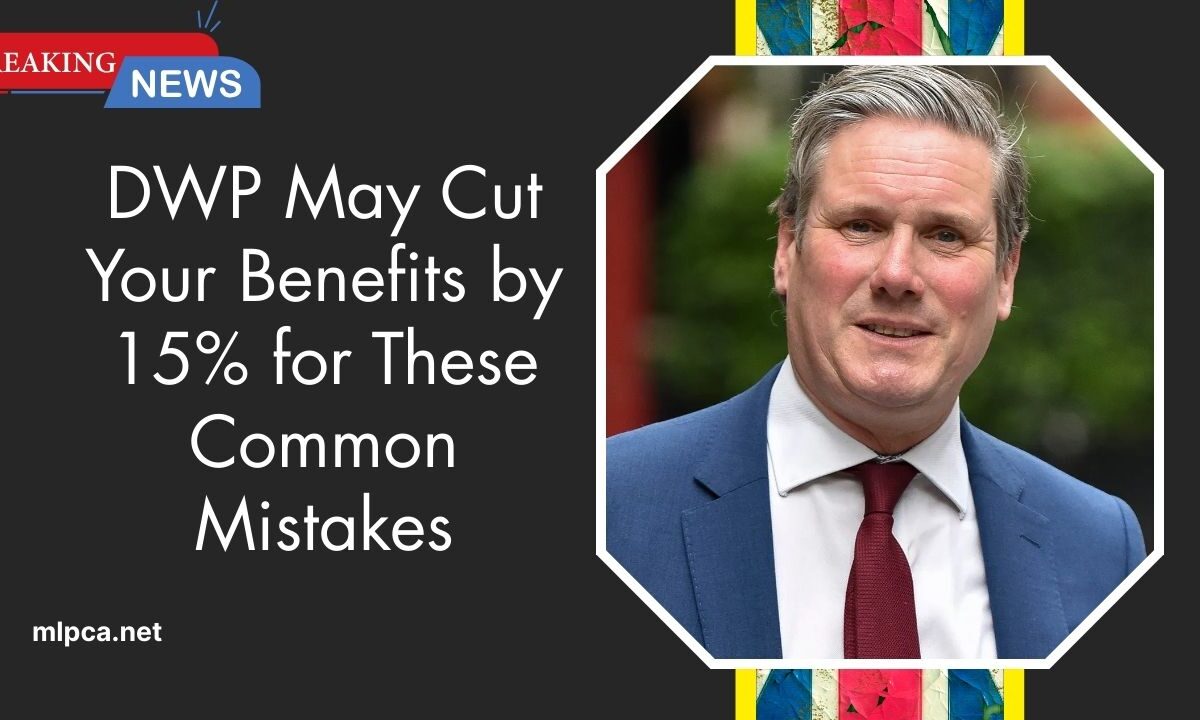Universal Credit and Pension Credit provide essential financial support to many individuals across the UK.
However, in specific situations, the Department for Work and Pensions (DWP) has cautioned that claimants may face reductions of up to 15% in their benefits.
These reductions are referred to as third-party deductions and occur when individuals owe money for things like court fines, rent, Council Tax, or energy bills.
What Are Third-Party Deductions?
Third-party deductions are reductions made from benefits to repay outstanding debts. These deductions are typically applied at a fixed rate until the debt is completely cleared. The DWP allows a maximum of three debts to be managed through these deductions at the same time.
For individuals receiving Universal Credit, each outstanding debt results in a 5% reduction in their benefit payments. However, in the case of rent arrears, this deduction may increase to between 10% and 15%.
Recipients of other benefits such as income-based Jobseeker’s Allowance (JSA), income-related Employment and Support Allowance (ESA), and Income Support may face a weekly deduction of £4.55 per debt for each debt owed.
How Third-Party Deductions Are Implemented
The DWP generally authorizes third-party deductions at the request of an organization after other recovery attempts have failed. Claimants are notified of the amount deducted either through a letter or in their Universal Credit journal.
If individuals wish to pay more than the fixed rate for their debts, they are required to make arrangements directly with the organization they owe money to.
Fuel Debt and Deductions for Energy Bills
Those facing fuel debt, which refers to outstanding balances for gas or electricity bills, can use the Fuel Direct scheme to set up deductions for their energy bills. The DWP advises that individuals contact their energy supplier to arrange these deductions, providing their consent over the phone.
The DWP further highlights that the amount for ongoing energy bills should be negotiated with the supplier, ensuring that it covers the cost of the energy used. Beneficiaries can stop these deductions at any time by contacting the office that pays their benefits and asking their energy supplier to arrange an alternative payment method.
If there are difficulties in affording additional deductions, energy suppliers can offer assistance options for those on low incomes, potentially arranging a different payment plan.
What to Do If You Disagree with Deductions
If individuals disagree with the deductions made from their benefits, they have the option to request a mandatory reconsideration. This request must be made within one month of the decision, and claimants must provide a valid reason for challenging the deductions, such as a potential error or missing evidence.
Certain decisions made by the DWP are not eligible for reconsideration, while others can proceed directly to an appeal. Claimants will be informed in their original decision letter whether an appeal is applicable.
Third-party deductions are an important tool for ensuring that debts owed by benefit recipients are repaid, but they can also place financial strain on individuals already struggling. Understanding how these deductions work and knowing your rights can help ensure that deductions are handled fairly and accurately.
FAQs
What is the maximum percentage deducted from Universal Credit for debts?
Each debt typically triggers a 5% reduction in Universal Credit payments, but rent arrears may increase this to between 10% and 15%.
Can I change the amount deducted for my energy bills?
Yes, you can contact your energy supplier to negotiate the deduction amount, and you can stop deductions at any time by contacting the office paying your benefits.
What should I do if I disagree with the DWP’s decision to deduct from my benefits?
You can request a mandatory reconsideration within one month of the decision, providing a valid reason for challenging the deductions.

